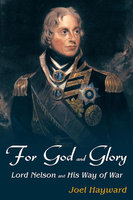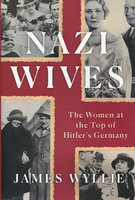New, Quality Gift Books - 50-90% off - over 2500 titles
Your basket is empty.
Categories Biographies Historical DUKE OF MONMOUTH: LIFE AND REBELLION
DUKE OF MONMOUTH: LIFE AND REBELLION
Book number: 95080
Product format: Hardback
In stock
Bibliophile price
£7.00
Published price
£19.99
Customers who bought this product also bought
|
|
FOR GOD AND GLORY: Lord Nelson and His Way of War
Book number: 94359
Product format: Paperback
Bibliophile price
£4.50
Published price
£24.95
|
NAZI WIVES: The Women at The Top of Hitler's Germany
Book number: 93942
Product format: Hardback
Bibliophile price
£9.50
Published price
$28.99
|
|
INVENTIONS THAT DIDN'T CHANGE THE WORLD
Book number: 94629
Product format: Hardback
Bibliophile price
£9.00
Published price
£19.95
|
CUSTER AND HIS COMMANDS: From West Point to Little Bighorn
Book number: 95077
Product format: Paperback
Bibliophile price
£8.00
Published price
£12.99
|
HAMMER OF THE SCOTS
Book number: 95096
Product format: Hardback
Bibliophile price
£9.00
Published price
£25
|
Browse these categories as well: Historical Biography, History







